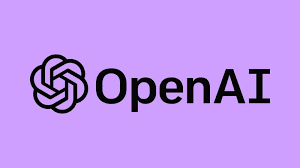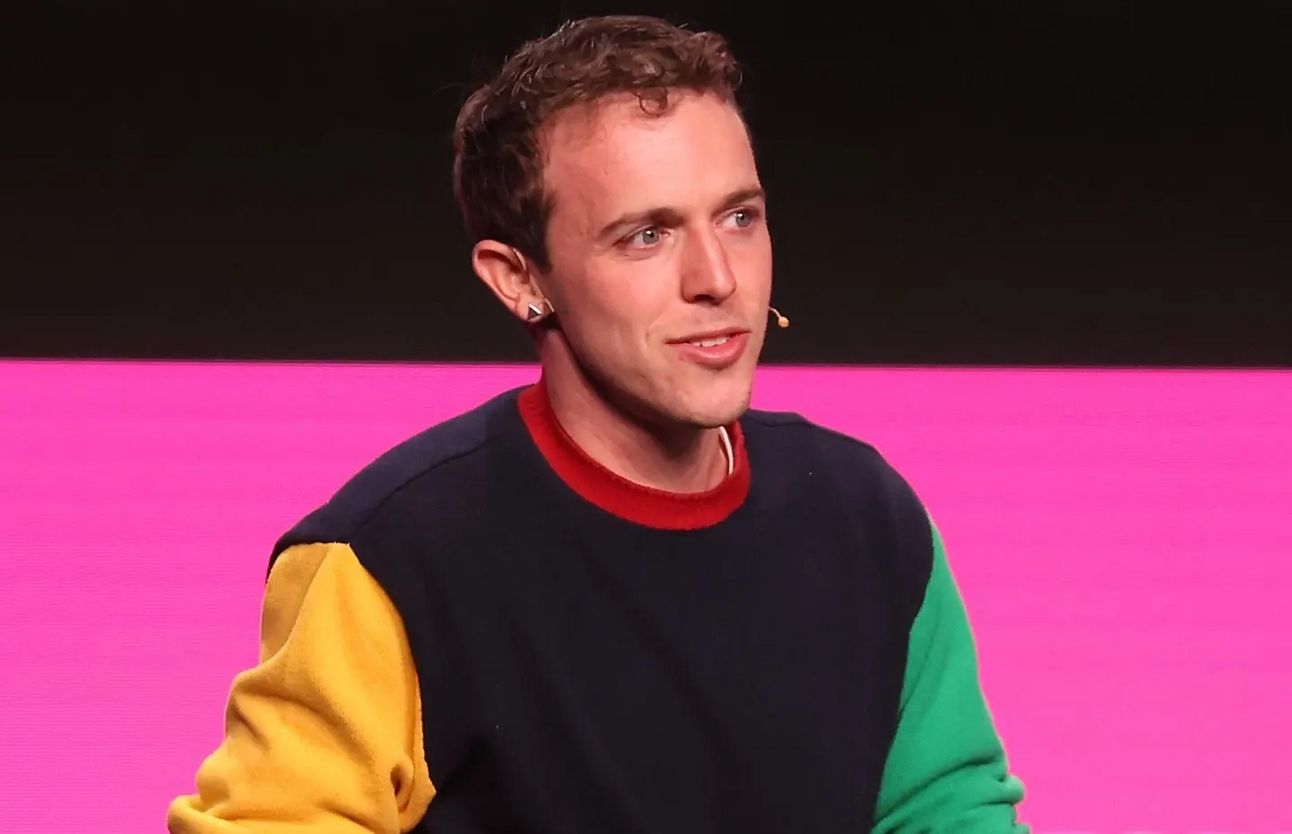- THE PRISM
- Posts
- Open AI aims to raise at least $5bn at $150bn valuation
Open AI aims to raise at least $5bn at $150bn valuation

Curious about the next big thing in AI and tech? Let’s dive in together! 🌐 Discover the latest breakthroughs, explore emerging trends, and unlock tools that can shape your future. Ready to get started?
In today’s email:
AI TRENDS
TECH TRENDS
STARTUP SCENE
AI TRENDS
Open AI aims to raise at least $5bn at $150bn valuation

OpenAI is currently seeking to raise at least $5 billion in a new funding round, a move that could increase its valuation to a staggering $150 billion.
This would nearly double its worth from earlier this year. The funding round is expected to attract major tech companies like Apple, Nvidia, and Microsoft. In addition, Thrive Capital, a well-known venture capital firm, is anticipated to lead the round with a significant $1 billion investment.
OpenAI, which is famous for creating the popular ChatGPT, has experienced rapid growth.
The company now brings in $2 billion in annual revenue.
Despite this impressive revenue, OpenAI faces challenges from growing competition and high costs associated with developing its cutting-edge AI models.
If OpenAI successfully completes this funding round, it would become one of the most highly valued start-ups ever. This would put it in the same league as other high-profile companies like SpaceX.
Google’s AI Turns Your Notes Into Podcasts

Google's latest AI tool lets users turn written notes into podcasts with just a click.
The new “Audio Overview” feature, currently available via the AI-powered NotebookLM app, generates dynamic podcast-style discussions using your research notes. With two AI hosts leading the conversation, they summarize content, make connections between topics, and even engage in light banter.
Users can save and download these audio discussions for later listening.
While the tech is impressive, early tests reveal occasional quirks—such as the AI spelling out words like "P-L-U-S" mid-conversation. Google is still refining the feature, but it’s a promising step toward integrating AI with everyday tasks.
Google continues to push the envelope on how AI can make life easier, from powering smartphones to producing custom podcasts.
UK signs AI safety treaty to protect human rights and democracy

The UK has just signed a major AI safety treaty with the Council of Europe, and it's a pretty big deal. This treaty is all about making sure that AI is used in a way that keeps human rights, democracy, and the rule of law intact. Lord Chancellor Shabana Mahmood stressed that while AI has the potential to boost public services and economic growth, we need to handle it responsibly to avoid messing with our core values.
The treaty targets three main things.
First, it’s focused on protecting human rights by making sure AI handles data properly and avoids discrimination.
Second, it aims to keep democratic processes safe from AI manipulation or disruption.
Third, it stresses the importance of strong regulations to make sure AI is developed and used lawfully.
Besides beefing up UK laws, the treaty is calling on other countries, including the US and Australia, to get involved. The goal is to make sure AI is developed in a way that's safe, ethical, and benefits everyone.
This treaty is a continuation of the UK's efforts in AI safety, like hosting the AI Safety Summit and co-hosting the AI Seoul Summit. It shows the UK’s commitment to leading in responsible AI development and setting a global standard for addressing AI’s challenges and opportunities.
TECH TRENDS
Windows 10 End of Life Could Lead to E-Waste Surge

So, Microsoft’s pushing everyone to upgrade to Windows 11, but this might lead to a lot of e-waste. With support for Windows 10 ending in October 2025, a bunch of PCs that can't handle the upgrade because of new hardware requirements, like TPM 2.0, could end up in the trash. Canalys estimates that about 240 million PCs might be tossed out since they won’t be worth much for resale or recycling.
Microsoft does offer an Extended Security Updates program, but it’s super pricey, making it a tough sell for many businesses. Plus, with the rise of AI and new hardware needs, older PCs are at even higher risk of becoming obsolete.
This whole situation really shows why it’s crucial for tech companies to focus on making devices that last longer and are easier to recycle. The end of Windows 10 support is a big reminder of the e-waste problem in the tech world.
Apple's New iPads and Super Fast M4 Chip

Apple has just launched some exciting updates to its iPad lineup, including a new M4 chip and stunning OLED screens. The latest iPad Pro models come in 11-inch and 13-inch sizes and feature dual-layer OLED screens that offer incredible brightness and color accuracy. The new M4 chip is a major upgrade, delivering 50% faster CPU performance compared to the previous M2 chip, while using half the power.
These improvements make the iPad Pro an excellent choice for artists and professionals who need a high-performance tablet. The new M4 chip means the iPad Pro can handle more demanding tasks and applications with ease.
In addition to the iPad Pro, Apple has also refreshed the iPad Air models with the M2 chip, providing a boost in performance. They’ve also introduced new accessories, including an upgraded Apple Pencil with advanced features that enhance precision for drawing and editing.
With these updates, Apple aims to make the iPad a key tool for creative and professional work, hoping to attract more users and boost sales in the process
STARTUP SCENE
Bolt's $450 Million Funding Mess

Bolt founder Ryan Breslow is in big trouble after a confusing $450 million funding round. He announced that several investors, like NJF Capital and Stack Capital, were supporting the deal. However, some of these investors, including Philip Krim from Montauk Ventures, have said they didn’t agree to it. This mix-up has upset many investors.
Now, BlackRock, Hedosophia, and Untitled Ventures are asking a court in Delaware to stop the funding round. They say Bolt is pressuring investors to either put in more money or risk losing most of their current investment. They also argue that the deal hasn’t been approved by Bolt’s board.
Despite these problems, Bolt’s interim CEO, Justin Grooms, is hopeful about the company’s future. He believes the company can still bounce back. However, some investors think this situation is either a major mistake or a trick. Breslow has made some changes to the funding terms and reduced the amount they’re trying to raise, but things are still unclear.
Bolt is also struggling financially, with a $302 million loss on only $27 million in revenue for 2023. Breslow, who has had several fights and legal troubles, is trying to guide the company through this tough time.
Want to stay ahead of the curve? Share our newsletter for the latest AI breakthroughs, tech innovations, and industry trends—and help us grow by keeping everyone in the loop on game-changing advancements!
Reply